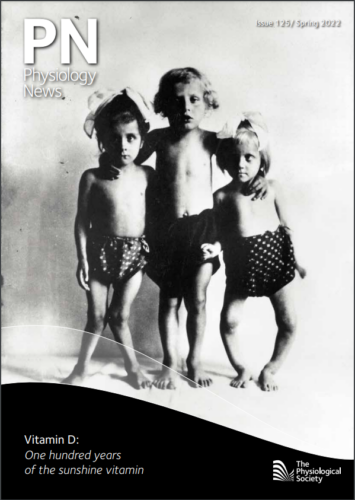
Physiology News Magazine
Welcome to our new Theme Leads
Membership
Welcome to our new Theme Leads
Membership
https://doi.org/10.36866/pn.25.44
The Physiological Society’s seven Themes enable members to access like-minded networks where they can discuss their latest findings and forge new collaborations.
The main academic coordinators of the seven Themes are known as Theme Leads. They are an essential focal point for members, help to promote the Theme activities, and encourage members and non-members to participate in Society events.
Each Theme focuses on a different area of physiological research, and within them are 23 overlapping specialities. When presenting research at Society events, members can align their abstracts or presentations according to both a Theme and a speciality.
The Society recently appointed seven new Theme Leads, who join the existing Theme Leads and their counterpart Early Career Theme Leads. Each incoming Theme Lead was chosen due to their passion for physiology and their wish to provide relevant, topical symposia and meetings to advance their Theme.
The new Theme Leads introduce themselves here. They are working with the Conferences Committee to shape future events, and would love to hear your ideas – you can reach them by emailing events@physoc.org.
Cardiac & Vascular Physiology
Dr Cathal Breen
Senior Lecturer in Physiology & HCPC registered Clinical Scientist, Ulster University, UK
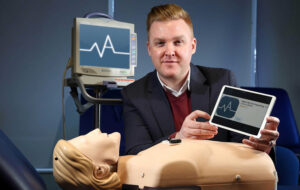
I aspire to bridge links between The Society and clinical physiology and healthcare scientist practitioners I educate in my role as senior clinical academic. This will provide a body for these cohorts to align to, to provide support to The Society ventures and to provide research submissions. I will bring energy, enthusiasm, and innovation to this role within The Society to galvanise membership contributions and dissemination of Society endeavours.
Dr Kamalan Jeevaratnam
Associate Dean International (FHMS) & Reader in Clinical Physiology, University of Surrey, UK

As Theme Lead, I am keen to embrace and promote the concept of One Health-One Medicine in physiological sciences and also hope to promote the interaction between data science and fundamental physiological research through interdisciplinary events and meetings. In addition, as a person of colour I am keen to champion diversity and inclusivity in physiological teaching and research. The COVID-19 pandemic has shown how physiological parameters can vary between people of colour and Caucasians and that this gap in our understanding requires the attention of the physiology community.
Endocrinology
Professor Sanjit Dey
Professor of Physiology, University of Calcutta, India
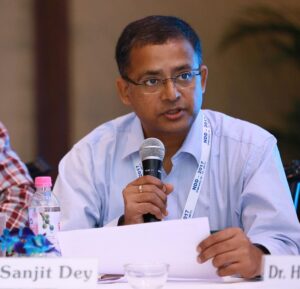
My major goal as a Theme Lead is to uphold endocrinology as a flagship research area in my continent in particular. We need to modernise the scientific teaching, both in theory as well as at the bench, so they satisfy the demands of the healthcare issues. Metabolic disorders are in an epidemic stage in Indian society. It requires a concerted action and awareness among the common masses. I will extend the advocacy of The Physiological Society to students, researchers, colleagues and scientists from academic and research institutes and include them actively in this initiative. My research in cell signalling, the role of antioxidants in cellular stress management, and metabolic disorders complement my role in the endocrinology Theme.
Dr Gareth Nye
Lecturer in Physiology & BMedSci Medical Science Programme Lead, University of Chester, UK
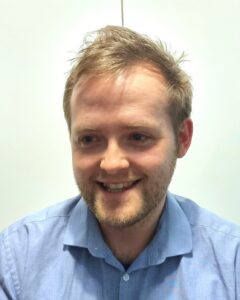
I am extremely excited to take up this role and move the presence of endocrinology within The Society forward. Endocrinology forms a major part of both my personal and professional life. My research interests concern pregnancy physiology, maternal and fetal health and the development of health and disease. Within this, I have interests in placental biology. Personally, having a daughter with type 1 diabetes means I am fully aware of the intricacies of endocrinology care. With my connections within the Society of Endocrinology, I believe I can truly expand the provision of endocrinology within The Physiological Society and look forward to meeting many current and future members.
Epithelia & Membrane Transport
Dr Stephen Keely
Senior Lecturer in Pharmacy and Biomolecular Sciences, Royal College of Surgeons in Ireland, Republic of Ireland
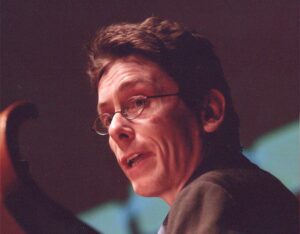
The Physiological Society, and in particular the Epithelia & Membrane Transport (EMT) section, have been an important focal point for my myself and my research group since I arrived at RCSI in 2005. I, and my students,have had the opportunity to showcase our research, organise symposia in areas of high research interest, and get to know some of the finest physiologists in our field of study. I have benefited immensely from the work of Theme Leads that have gone before me and as Theme Lead myself, I hope to give something back to the section by helping to ensure that current and future generations of physiologists enjoy the same benefits as I did. Working with the other EMT Theme Leads, I hope that we can build on the current strengths to maintain and grow our engagement.
Human, Environmental & Exercise Physiology
Dr Paul Ansdell
Lecturer in Exercise Physiology, Northumbria University, UK
The Human, Environmental & Exercise Physiology Theme encompasses a wide range of topics across the spectrum of health and disease, from mechanistic studies investigating the acute responses and long-term adaptation to exercise, to the optimisation of physical function in a variety of populations. Indeed, it is the study of how physiological systems integrate to determine physiological function that attracted me to this Theme, and my aim is to highlight the importance of human physiology and promote the work of physiologists within our Theme. Along with the other Theme Leads and colleagues in The Physiological Society, we hope to achieve this through conferences, symposia, workshops, and other professional development opportunities.
Dr Irene Di Giulio
Lecturer in Anatomy and Biomechanics, King’s College London, UK
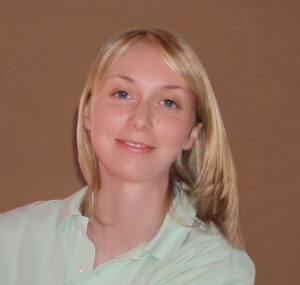
I believe that this Theme has a fundamental role in science and in public society. I aim to support other members and showcase the role of physiology with the public. Specifically, I have two main goals. One is to foster scientific advancement and support scientists in an inclusive environment. The second is to engage with the public to show the importance of physiological research for the health-span and for tackling the major current global challenges.
Our existing Theme Leads, who remain in post until 2023:
- Professor Chris Garland University of Oxford, UK (Cardiac & Vascular Physiology)
- Professor Mike Althaus Bonn-Rhein-Sieg University of Applied Sciences, Germany (Epithelia & Membrane Transport)
- Professor Andrew Murray University of Cambridge, UK (Metabolic Physiology)
- Dr Paul Meakin University of Leeds, UK (Metabolic Physiology)
- Professor Charlotte Stagg University of Oxford, UK (Neuroscience)
